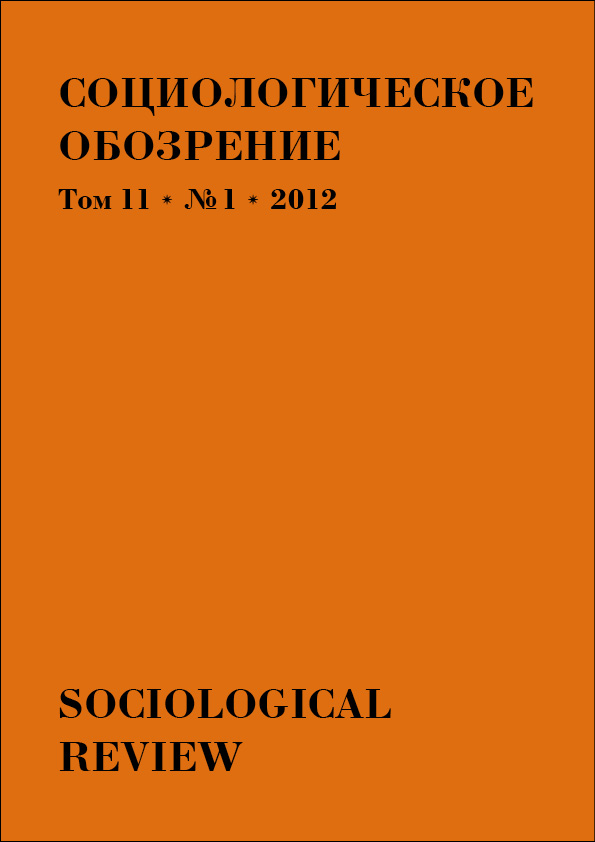Abstract
Jeffrey Olick is one of the most prominent researchers in the field of memory studies today. Yet, none of his works have been translated into Russian. “Figurations of memory” is one of his most important texts. It is dedicated to the process-relational methodology. J. Olick criticizes traditional approaches to collective memory as a static thing, whereas it should be studied as a process. On the other hand, the author criticizes a mainstream understanding of memory as a unified object. Instead, he suggests that there are multiple mnemonic forms and practices that should be investigated. As a result he presents a new methodology that is based on analysis of the four essential aspects of memory work: field (in the Bourdieuvian sense), medium, genre, and profile. This method of analysis leads to emergence of additional empirical categories, such as official, vernacular, public, and private memory; affective, aesthetic-expressive, instrumental-cognitive, and political-moral media; the normal legitimation, German traditions, German victimhood, and German guilt genres; and the reliable, moral, and normal profiles. Though the final model may seem rather complex, the author claims that it is clearer and more precise that other models of research of collective memory. He claims that this methodology is universal for studying a large number of sociological topics.
